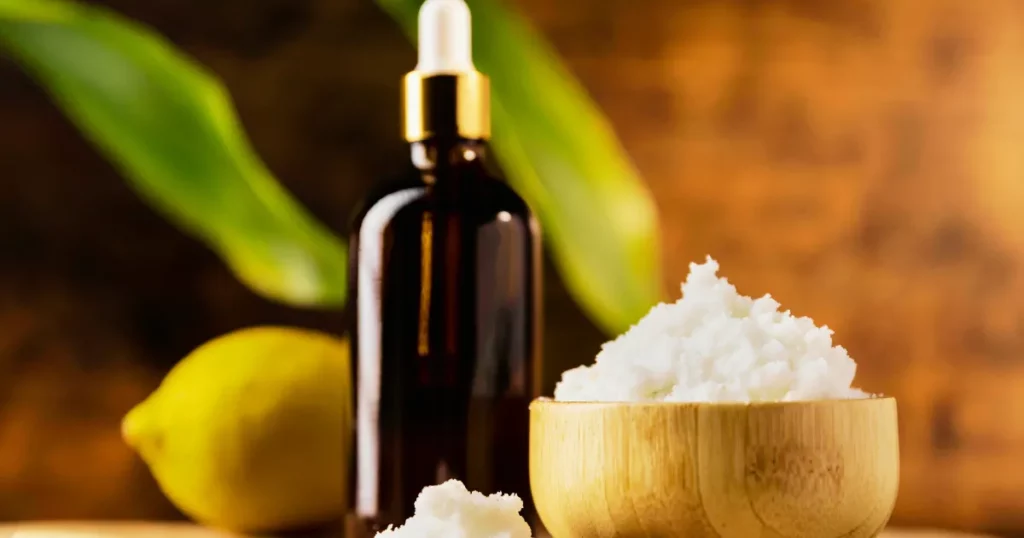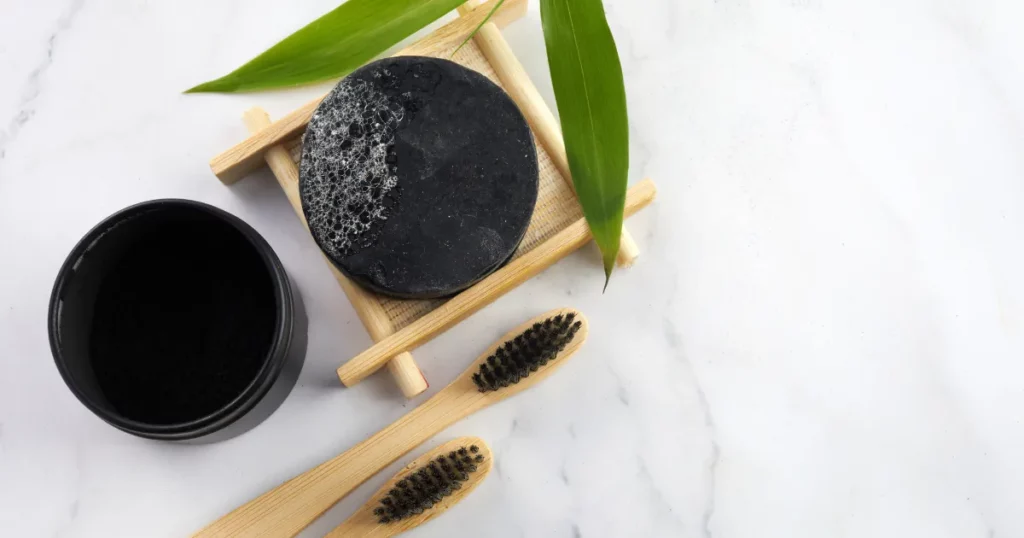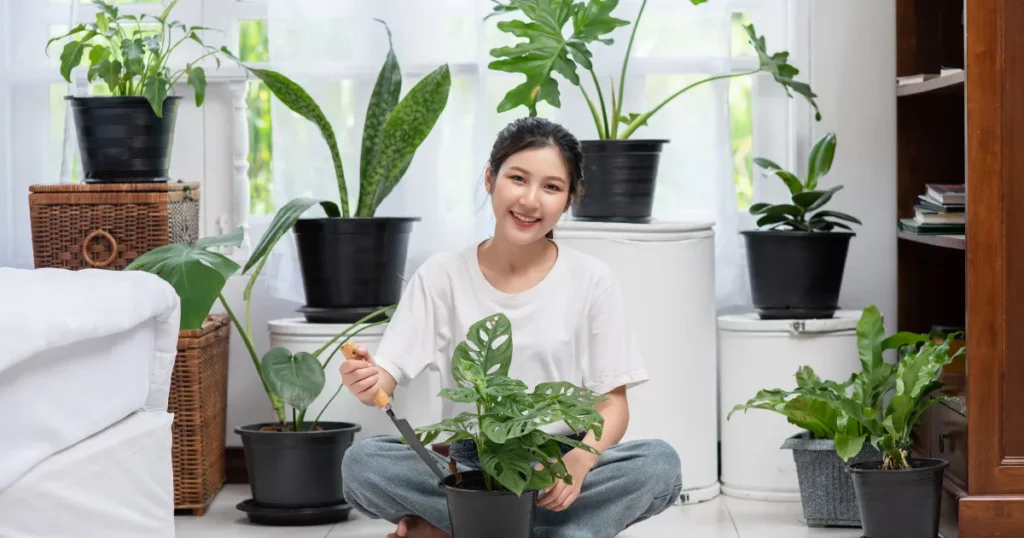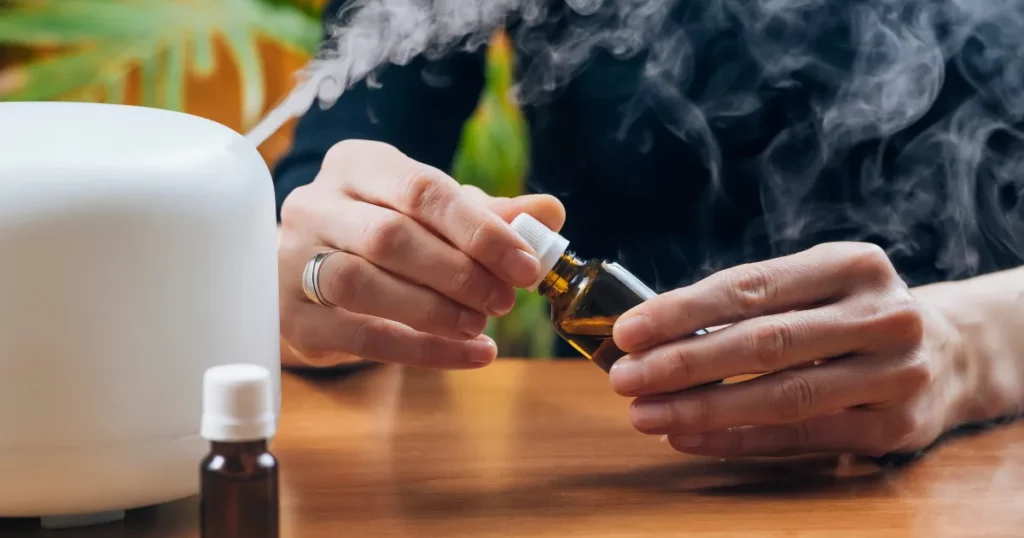Are you wondering, if you can improve your indoor air quality while enjoying the delightful aroma of essential oils? You can find everything you need right here! In this article, we’ll explore the question: “Can I use essential oils in an air purifier?” The short answer is yes but with caution.
Although some types of air purifiers may use essential oils, it’s important to be aware of any possible risks and restrictions. We’ll go over everything you need to know so you can enjoy a secure and pleasant experience. So let’s further explore the topic.
Contents
- 1 Can I Use Essential Oils In An Air Purifier?
- 2 What Are Essential Oils?
- 3 Best Practices for Using Essential Oils in Air Purifiers
- 4 Alternatives to Using Essential Oils in Air Purifiers
- 5 Pros and Cons of Using Essential Oils in an Air Purifier
- 6 Tips for Using Essential Oils in an Air Purifier
- 7 Which Air Purifier is Better to Use With Essential Oils?
- 8 Essential Oil Diffuser and Air Purifier
- 9 Can a diffuser be an air purifier?
- 10 The Best Essential Oils for Air Purification
- 11 Conclusion
- 12 FAQs
- 12.1 1. Can I use any type of essential oil in an air purifier?
- 12.2 2. Can essential oils improve indoor air quality?
- 12.3 3. How often should I clean my air purifier when using essential oils?
- 12.4 4. Can essential oils damage the air purifier’s filters?
- 12.5 5. Are there any essential oils to avoid using in air purifiers?
Can I Use Essential Oils In An Air Purifier?
Essential oils are an excellent way to add a pleasant aroma to your house, but can you use them in an air purifier? The answer is yes, but only if the air purifier is specifically designed for this purpose. Some air purifiers have a special compartment or pad where you can add a few drops of essential oil. This will diffuse the oil into the air, adding a pleasant scent while also helping to purify the air.
However, It is very important to keep in mind that not all air purifiers operate well with essential oils. If you add essential oils to an air purifier that is not made for this purpose, it could damage the filter or even the entire device. Therefore, make sure to read the manufacturer’s directions before adding essential oils to your air purifier.
What Are Essential Oils?

Before we discuss their use in air purifiers, let’s understand what essential oils are. Essential oils are highly concentrated plant extracts that capture the natural fragrance and beneficial properties of plants. These oils are typically extracted through methods like steam distillation or cold pressing, resulting in potent and aromatic substances.
Best Practices for Using Essential Oils in Air Purifiers
It’s important to follow a few recommended practices if you’re thinking about utilizing essential oils in your air purifier to ensure their efficacy and safety. Here are some suggestions to keep in mind:
- Choose high-quality essential oils: Opt for pure, therapeutic-grade essential oils from reputable brands. Quality oils are free from contaminants and provide the best aromatic experience.
- Start with a small amount: Because essential oils are so powerful, a few drops go a long way. Start with only a few drops and add more or less according to your taste and the size of the room.
- Avoid synthetic oils: Synthetic fragrance oils are not suitable for air purification. Stick to natural, pure essential oils to enjoy their true benefits.
- Use oils with air purifiers designed for aromatherapy: Some air purifiers are specifically designed to accommodate essential oils. Look for models that have a designated tray or attachment for adding oils.
Clean your air purifier regularly: Essential oils can leave residue or build up in your air purifier, affecting its performance. Clean the unit as per the manufacturer’s instructions to maintain optimal functioning.
Alternatives to Using Essential Oils in Air Purifiers
While essential oils can be a delightful addition to your air purifier, there are alternative methods to freshen the air without using oils. Consider these options:
Natural air fresheners: Place bowls of baking soda or activated charcoal in your room to help absorb odors. You can also place fresh lemon or orange peels in a dish to naturally scent the air.

Open windows and improve ventilation: Allowing fresh air to circulate in your space can help eliminate stagnant odors and improve indoor air quality.

Houseplants for air purification: Certain houseplants, such as spider plants, snake plants, and peace lilies, have air-purifying properties. They can help remove toxins and freshen the air naturally.

Pros and Cons of Using Essential Oils in an Air Purifier
Using essential oils in an air purifier has benefits and drawbacks, just like any other practice or product. Let’s examine the pros and cons in more detail:
| Pros | Cons |
| Aromatic experience: Essential oils can fill your space with delightful scents, creating a pleasant and relaxing ambiance. | Residue build-up: Over time, essential oils can leave residue on the surfaces of your air purifier, potentially affecting its performance. |
| Potential health benefits: Some essential oils have properties that may support relaxation, improve mood, or provide respiratory benefits. | Possible allergenic reactions: Some people may be sensitive or allergic to certain essential oils. It’s essential to test for any adverse reactions before prolonged use. |
| Customizability: You have a variety of essential oils to select from, so you may choose scents that meet the way you like to smell. | Effect on air purifier filters: Essential oils can potentially saturate or clog air purifier filters, reducing their efficiency. Check your air purifier’s user manual for specific guidelines. |
Tips for Using Essential Oils in an Air Purifier
To make the most out of your essential oil and air purifier combination, here are some additional tips:
- Consider diffusion methods: Rather than applying essential oils directly to your air purifier, you can use diffusers designed for aromatherapy. These devices disperse the oils into the air more effectively.
- Use oils sparingly: Start with a low concentration of essential oils and adjust based on your preference. Using too much oil can be overwhelming and may overpower the air purification process.
- Combine with other purification techniques: Enhance the air purification effects by combining essential oils with other methods, such as using high-quality air filters or maintaining proper humidity levels.
- Research specific oils: Different essential oils have varying properties and benefits. Before using them in your air purifier, research the specific oil you intend to use to ensure it aligns with your needs and preferences.
Which Air Purifier is Better to Use With Essential Oils?
Several factors need to be considered when choosing an air purifier to use with essential oils:
- Compatibility: Look for air purifiers that mention that they are compatible with aromatherapy or essential oils.
- Separate oil tray or attachment: Choose a model that has a separate tray or attachment for adding essential oils. This helps prevent direct contact with the air purifier’s internal components.
- Ease of cleaning: Opt for air purifiers that are easy to clean and maintain, as essential oils can leave residue or build up over time.
Essential Oil Diffuser and Air Purifier

While essential oil diffusers and air purifiers serve different purposes, there are some models available that combine both functionalities. These devices provide the benefits of both air purification and aromatherapy in one unit. If you are interested in enjoying the aroma of essential oils while purifying the air, consider investing in such a combined device.
Can a diffuser be an air purifier?
No, a diffuser and an air purifier are distinct devices with different functions. While an air purifier is made particularly to remove pollutants and enhance indoor air quality, a diffuser is designed to spread essential oils into the air to provide a pleasant aroma. Although some combined models are available, generally, a diffuser alone cannot effectively purify the air.
The Best Essential Oils for Air Purification
When it comes to choosing essential oils for air purification, several options are known for their cleansing and refreshing properties. Here are a few popular essential oils for this purpose:
- Lemon: Known for its fresh and clean scent, the lemon essential oil has purifying qualities that can help neutralize unpleasant odors.
- Tea Tree: With its antimicrobial properties, tea tree essential oil is often used to combat airborne bacteria and fungi.
- Eucalyptus: Eucalyptus essential oil has a refreshing aroma and is believed to support respiratory health by clearing the airways.
- Lavender: Renowned for its calming properties, lavender essential oil can create a relaxing environment while helping to purify the air.
Remember, personal preferences may vary, so feel free to explore different essential oils to find the scents that resonate with you.
Conclusion
In conclusion, using essential oils in an air purifier is possible, but it also depends on the air purifier’s unique features and design. Air purifiers with designated aroma pads or compartments offer the option to disperse essential oils effectively, enhancing the ambiance and potentially providing aromatherapeutic benefits.
If you want to enjoy the aromatic benefits of essential oils, it is best to use a dedicated oil diffuser. Remember to clean your air purifier regularly and consider alternative air-purifying methods if using essential oils is not suitable for you. Enjoy the benefits of purified air and delightful scents in your living space! For the best results, always follow manufacturer guidelines and choose premium essential oils.
People Also Read: Do air purifiers help with dust mites?






0 Comments